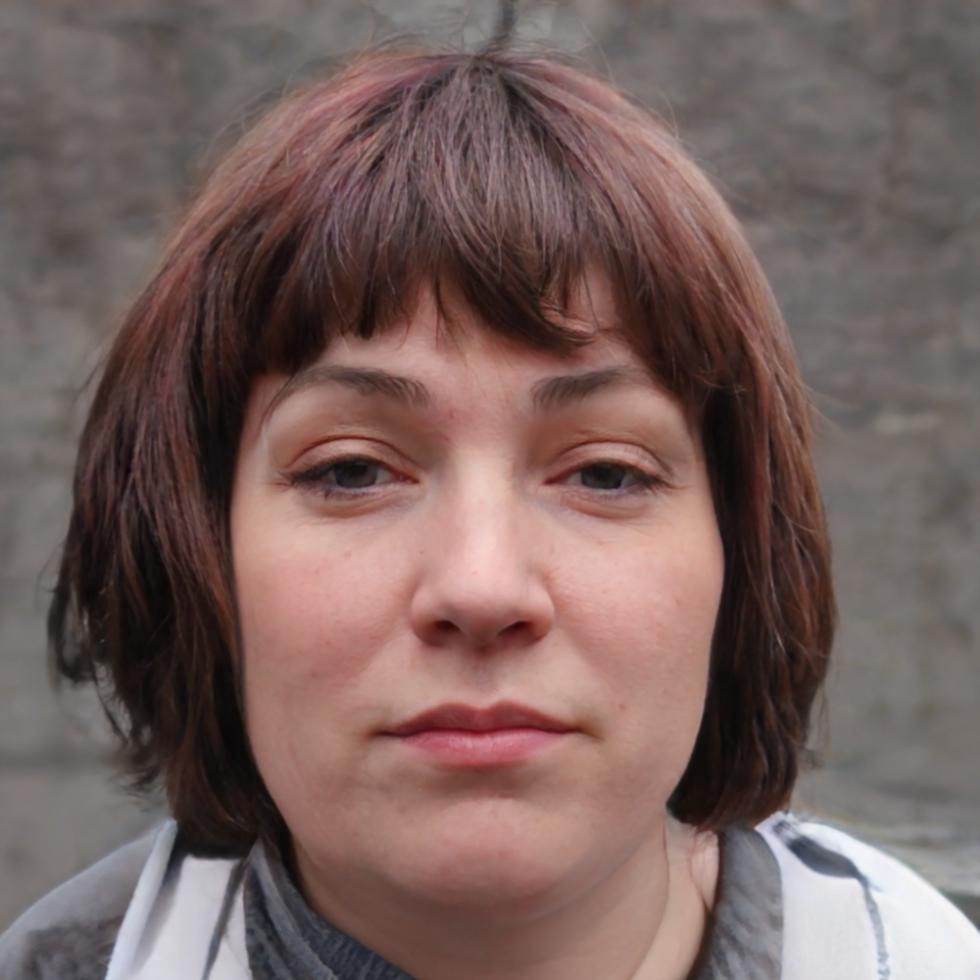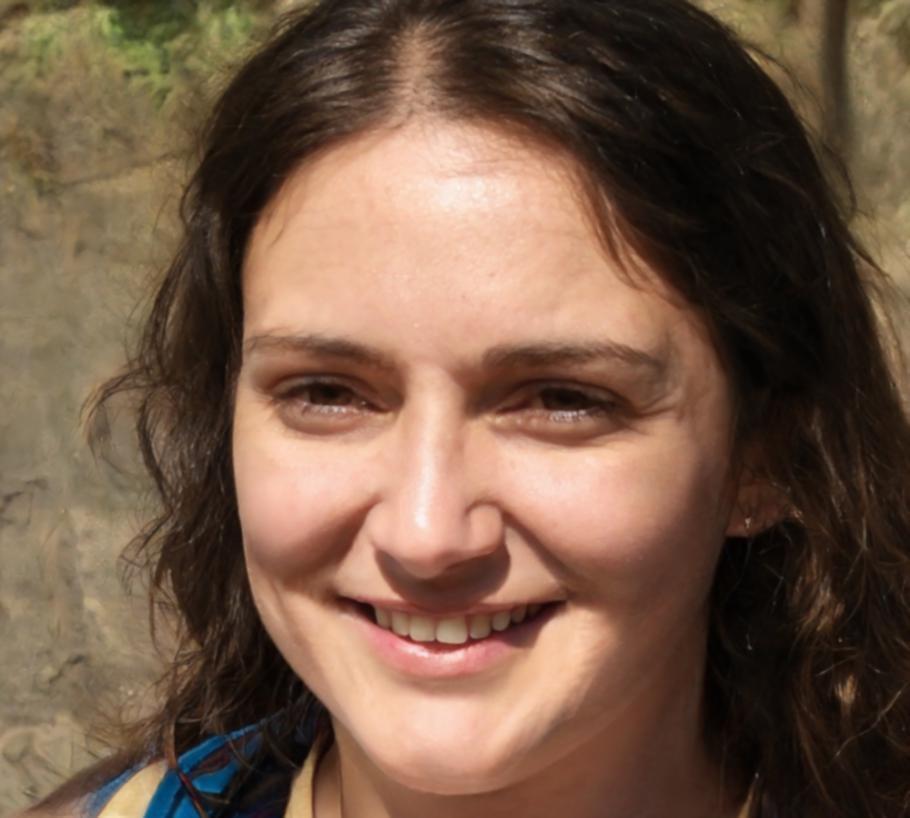Building Your Financial Foundation Through Structured Learning
Master budgeting isn't about following rigid templates. It's about understanding your specific situation and making decisions that actually fit your life. Our program walks you through this process step by step, starting September 2025.
Which Scenario Matches Where You Are Right Now?
Starting Fresh
Never created a budget before? That's completely fine. We start with the basics and build from there. You'll learn tracking fundamentals before touching anything complex.
Tried But Struggled
Attempted budgeting but couldn't stick with it? We focus on what makes systems sustainable. Not just setting it up, but actually using it consistently.
Ready to Optimize
Already tracking expenses but want better control? We dive into allocation strategies and decision frameworks that help you prioritize effectively.
Specific Goals
Working towards something particular? Whether it's savings, debt reduction, or major purchases, we adapt budgeting approaches to support your objectives.

What Makes This Different From Generic Advice
Look, there's plenty of free budget information online. Templates everywhere. The problem? They don't help you understand why you're making specific choices.
Our approach focuses on decision-making frameworks. When should you adjust categories? How do you handle irregular expenses? What trade-offs actually matter for your situation?
You'll work through realistic scenarios that mirror what you'll face managing your own finances. Not hypothetical examples that never happen in real life.

Practice Before Pressure
The biggest challenge with budget learning? You're often experimenting with your actual money. Make a mistake and it affects your real life immediately.
We use practice scenarios first. You'll test approaches, see what happens when things go wrong, and adjust without consequence. Then apply what worked to your actual finances.
It's a bit like learning to drive in an empty parking lot before hitting the highway. Same principles, but you can afford to make mistakes while building competence.
Program Structure Over Six Months
Starting September 2025, each phase builds on previous work. Miss a section and later material won't make as much sense.
Months 1-2: Foundation Building
Understanding cash flow, expense categorization, and basic tracking systems. You'll identify patterns in your existing spending before changing anything. Just observation at this stage.
Months 3-4: Strategic Allocation
Once you know where money goes, we work on intentional allocation. Priority systems, trade-off frameworks, and handling variable income. This is where most people start seeing clearer financial direction.
Months 5-6: Adaptation and Maintenance
Life changes constantly. You'll learn adjustment strategies for income shifts, unexpected expenses, and goal changes. Building systems that flex rather than break under pressure.
Who You'll Learn From

Mirela Kossovich
Budget Systems Specialist
Spent eight years helping people recover from financial disorganization. Specializes in creating systems that actually get used rather than abandoned after two weeks.

Wren Cathaway
Decision Frameworks Expert
Focuses on the psychology behind money decisions. Teaches prioritization methods that work with human behavior instead of fighting against it.
Applications Open July 2025
Program starts September with limited enrollment. We keep cohorts small so everyone gets actual feedback on their work rather than generic responses.
Get Details and Timeline